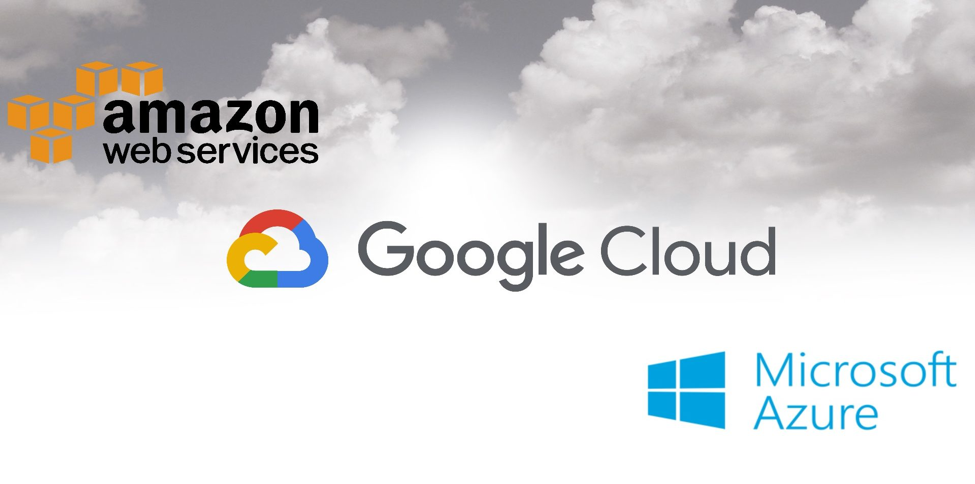Corporates and enterprises all around are making a shift from the onsite hosted infrastructure to the Public cloud configurations. Even though some type of on-site presence is needed, most of the development is being constantly moved to the cloud. By doing so, the enterprises have an existing physical infrastructure that is constantly maintained and updated. This primarily allocates more time and resource to dedicate to the development of the project at hand.

As more and more corporates start to transition onto the cloud, the demand for certified cloud developer and admins have gone up and is expected to continue growing. The one thing that everyone would face when they think about taking up the cloud is “which one do I choose and is it the right one for me?”. Coming to this, we have three major players in this market namelyMS Azure, Google Cloud and AWS. AWS also provides tools and services to help with DevOps that aids in automating and managing complex tasks . Each of these have their own strong point and their setbacks. So how exactly does AWS compare with the others?
Let’s kickstart with the providers of these cloud services. We have AWS by Amazon which was released around 12 years ago in 2006, Azure by Microsoft released 7 years ago and finally Cloud by Google which has been in existence for about 6 years now. AWS gaining the first to market advantage takes the cake when it comes to the market share with an impressive 62%, with Azure and Google Cloud taking up 20% and 12% respectively.
Now let’s look into how they compare with the services they offer and what might be best for you;
In terms of computing: Computation is one of the most important aspects of any system. In comparison, Amazon EC2 gives us the core services that have to be configured by Virtual Machines (VM) with AMIs that may be custom or pre-configured. In the case of Azure, it provides a Virtual Hard disk (VHD) which is essentially similar to the AMI to configure the VM. Google on the other hand uses its own proprietary Google Compute engine.
In terms of Storage: AWS tops this list again as its Simple Storage Service or S3 for short, has the longest run among others. This is the primary reason why it has such a large array of documentation that also includes a host of libraries, sample codes, articles as well as tutorials. Google’s Cloud and Amazon’s azure although reliable and perfectly usable pales in comparison to AWS which can be termed as King of the Cloud Space.
In terms of Location and Coverage: location is of prime importance when it comes to deploying your application. With location comes the obvious question of pricing. The pricing differs from region to region for each of the different offerings in this article. Amazon as expected takes advantage of its time in the space and scoops up around 42 zones that it is available for, Azure coming in a close second with around 32 zones and Google coming in the last with about 32 countries.
Now that we have seen what each offer, let us look into which is going to possibly apt for your situation and who should use it.
The trend continues of AWS taking the lead with it being dominant in many of the features such as configuration, security, monitoring and other aspects like performance and the locations. Microsoft Azure would be recommended for projects where it has already existing heavily invested in the Microsoft ecosystem. It is also a type of hybrid Cloud. Google cloud too boasts of the open source support along with one of the most cost-effective cloud solutions. it also has shown a viable expertise in DevOps.
In Conclusion it is no doubt that Amazon’s AWS takes the top spot when all the aspects are concerned as it offers the most feature rich, fast and widely connected cloud computing solution. Azure and Google cloud although no slouch doesn’t live up to the level that AWS does. All in all, if one is concerned and confused as to which Cloud computing solution to adopt, the safest bet would be AWS both for small and large enterprise corporations.


